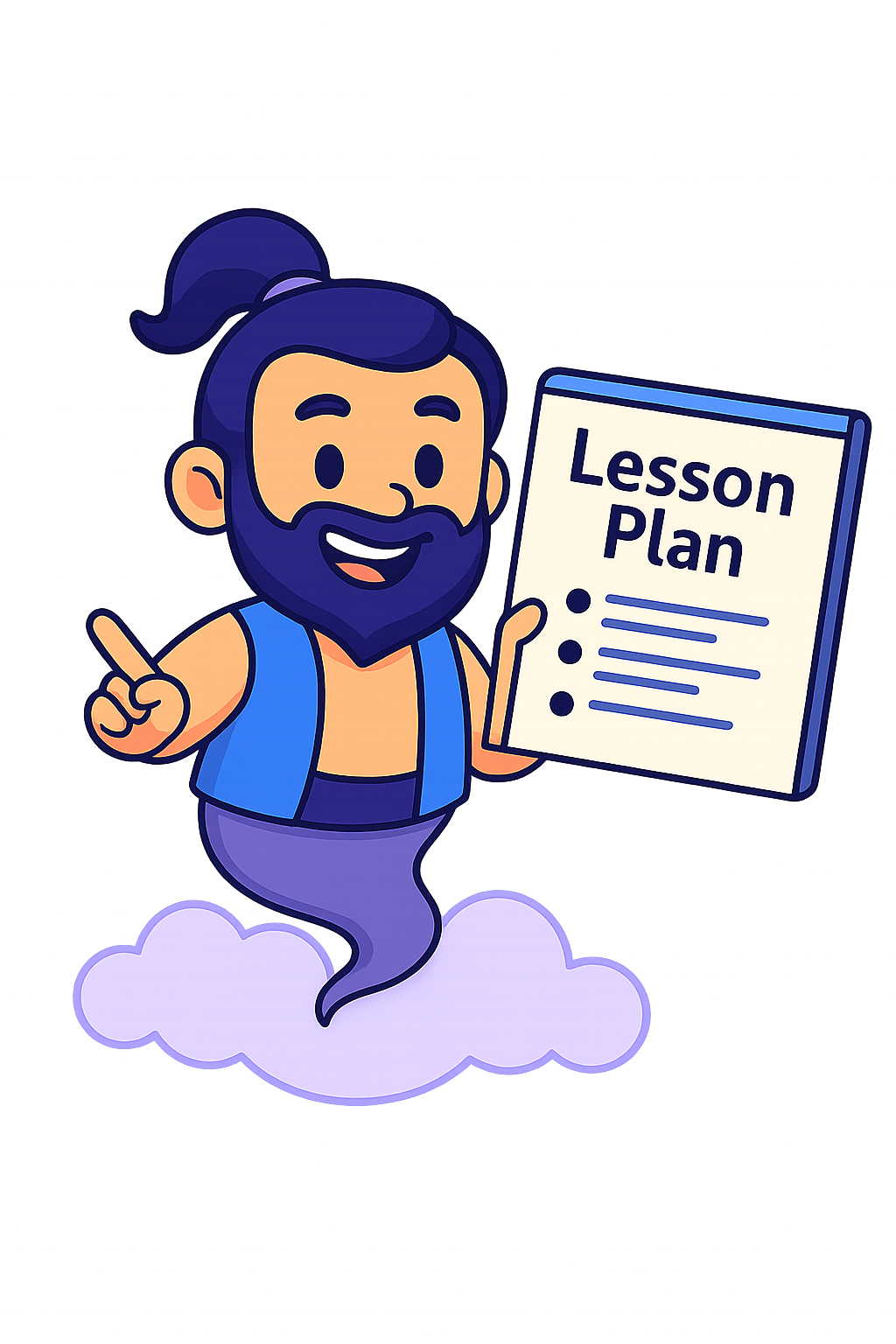 Using Context Clues to Understand New Words
Using Context Clues to Understand New Words
Objective: Students will learn how to use context clues in sentences to determine the meanings of unfamiliar words, improving their vocabulary and reading comprehension skills.
Learning Objectives
- Students will identify unfamiliar words in sentences.
- Students will use surrounding words to infer the meaning of new words.
- Students will explain the meaning of new words based on context clues.
Materials Needed
- Printed sentences with unfamiliar words
- Pencil and paper
- A simple story or passage with new vocabulary words
Key Vocabulary
- Context Clues
- Hints or information in a sentence or paragraph that help you figure out the meaning of a new word.
- Vocabulary
- The words that a person knows or uses.
- Meaning
- What a word or sentence is trying to say.
Detailed Activities
Introduction to Context Clues
- Explain what context clues are and why they are helpful for understanding new words.
- Show a simple sentence with a new word and point out the clues around it.
- Practice together by reading a sentence and guessing the meaning of the new word.
Guided Practice with Sentences
- Provide students with several sentences that include unfamiliar words.
- Ask the student to read each sentence aloud and underline the clues that help explain the word.
- Discuss the clues and decide together what each new word might mean.
- Write down the word and the guessed meaning.
Independent Practice with a Short Passage
- Give the student a short story or passage containing new vocabulary.
- Ask the student to read the passage and highlight words they do not know.
- Encourage the student to use context clues to figure out the meaning of those words.
- Review the answers together and clarify any misunderstandings.
Parent & Instructor Notes
- Context clues are a useful strategy to help your child become a better independent reader.
- Encourage your child to always look at the whole sentence or paragraph when they find a new word.
- Be patient and give hints if your child struggles with guessing the meaning of a word.
Assessment Questions
- What are context clues, and how do they help you understand new words?
- Can you find the word in this sentence and tell me what it means using the clues around it?
- Why is it helpful to look at the whole sentence when you see a word you don’t know?
Extension Ideas
- Create flashcards with new vocabulary words and ask your child to use context clues to explain each word.
- Read a favorite book together and pause to discuss any new or difficult words, using context clues to understand them.
- Write your own sentences or a short story using new vocabulary words and underline the context clues.
Frequently Asked Questions
It’s okay if your child guesses incorrectly at first. Use it as a teaching moment to look at the sentence again and find better clues. Encourage trying again and praise the effort.
Try to practice a little bit every day or several times a week. Regular practice helps your child become more confident and skilled at using context clues independently.
Teacher’s Guide
Common Misconceptions:
- Students might think a word’s meaning can only be found in a dictionary, not realizing context clues can help.
- Students sometimes focus only on the unknown word and miss the surrounding clues.
- Students may guess based on previous knowledge without checking the context carefully.
Scaffolding Ideas:
For Struggling Students:
- Provide more guided practice with simpler sentences.
- Use pictures or gestures to support meaning.
- Work in small steps, focusing on one clue at a time.
For Advanced Students:
- Challenge with sentences that have multiple clues or multiple-meaning words.
- Ask students to create their own sentences using context clues.
- Introduce synonyms and antonyms as additional clues.
Pacing Recommendations:
- Spend about 10 minutes introducing and modeling context clues.
- Dedicate 15 minutes to guided practice with sentences.
- Use the last 20 minutes for independent practice and review.
Standards
- 4.L.6 — Use context clues to determine or clarify the meaning of unknown and multiple-meaning words and phrases.
Printable Worksheet
Plan Your Own Lesson
Looking for a custom lesson plan? Try our Lesson Planning Generator — create standards-based plans for any topic, instantly!
Common Core Aligned Lesson Plans
Looking for another common core lesson? See all of the lesson plans here.
More Free Lesson Plans
We’re adding more every week! Check back soon or explore all our lesson plans here.

 Using Context Clues to Understand New Words
Using Context Clues to Understand New Words
Leave a Reply